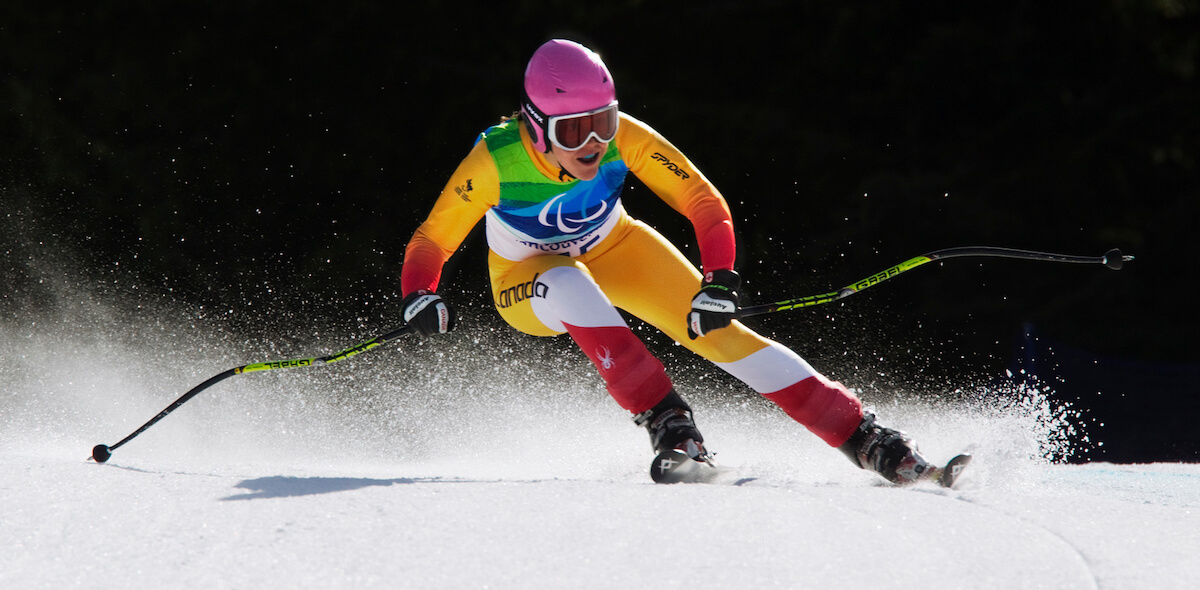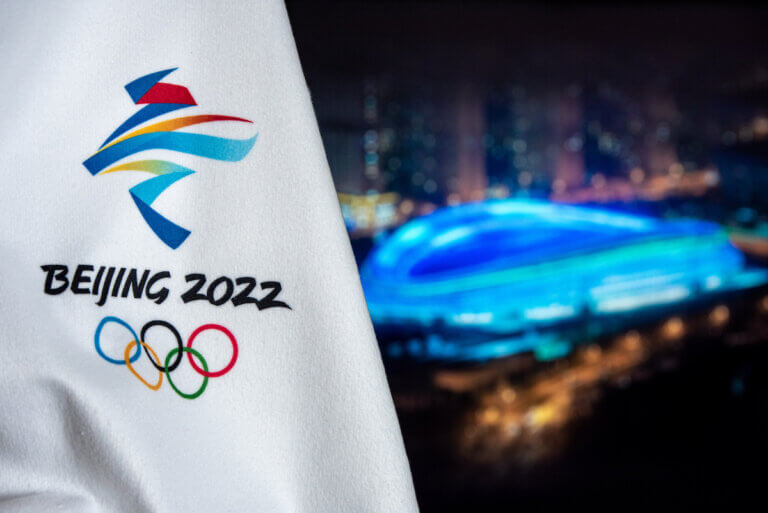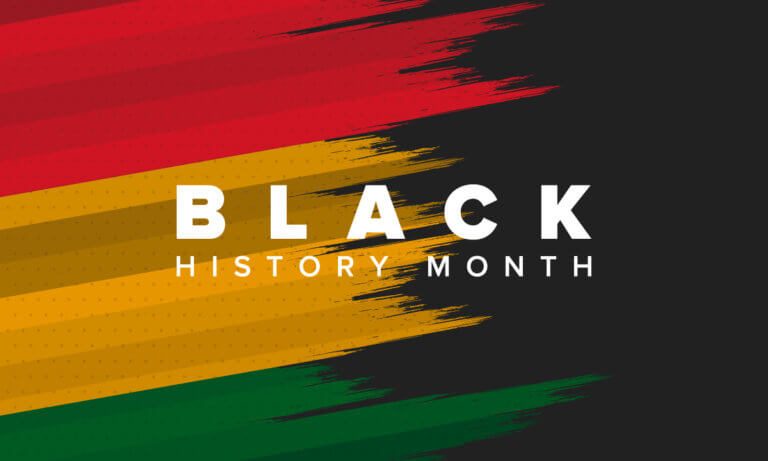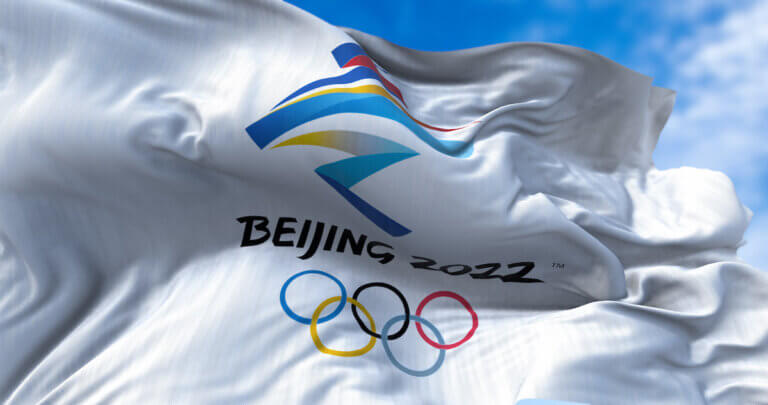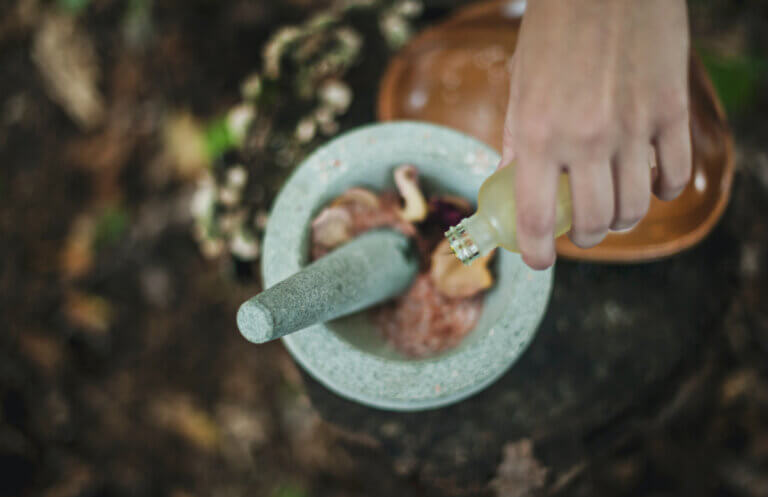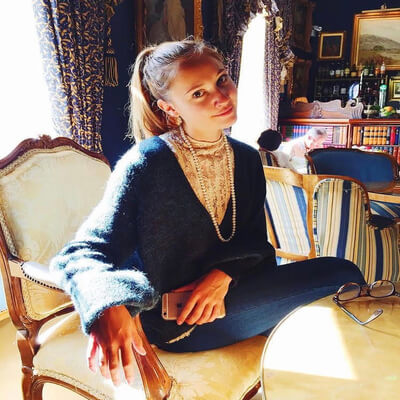Last Updated: Aug. 29, 2022.
Karolina Wisniewska has competed in three Paralympics in Para-alpine skiing, winning eight medals overall. At the Salt Lake City Paralympic Games in 2002, she set a new record as the first-ever Canadian winter sport athlete to win four medals at a single Olympic or Paralympic Games. She was also the first Paralympic athlete to be inducted into the Canadian Ski Hall of Fame. All of these accomplishments make her a veritable trailblazer in the sport.
Having lived with cerebral palsy, a condition that affects muscle tone, balance and movement, since birth, Wisniewska is no stranger to overcoming life’s obstacles to achieve incredible feats. Wisniewska was born in Warsaw and moved to Calgary when she was five years old. She first began Para-alpine skiing as a form of therapy for her condition and to build a stronger core, and although she hated it at first, she eventually grew to love the sport.
“I felt very much at a disadvantage and very frustrated,” she says. “I have memories of crying in the backseat of the car with my dad and sister, I crashed I don’t know how many times, I came last — that was the story of my childhood and adolescence. I was terribly frustrated, it was really hard and there were a lot of crashing hard knocks, but eventually I improved.”
Soon, she improved enough to pursue ski racing at an able-bodied club in Banff. Later, her father heard about the Alberta Disabled Ski Team and its training camp in Calgary and encouraged Wisniewska to join.
Para-Alpine Skiing Brings a ‘Feeling of Invincibility’
When she attended her first nationals’ competition in 1994 and won every single race, she knew she was onto something great. Four years later in 1998, Wisniewska would officially kick off her Paralympic career in Nagano, Japan, where she won two silver medals.
Although Para-alpine skiing was first recommended to Wisniewska as a form of physical therapy, she ultimately discovered that it gave her much more than improvements to her physical strength and muscle tone. Competing in a race brought her into a state of flow like no other activity could, sending a rush of endorphins and a feeling of invincibility throughout her entire body.
“There is this moment when you’ve done all the dryland training, all your mental prep, you’ve talked to your ski techs and the conditions are mint, and you’re standing at the start gate before they give you the countdown,” she says. “I remember looking down at the course in front of me: I would stand up straight, breathe in and look down, and there’s just no better feeling. I would look down and think, ‘I’m going to win this race,’ and I would win. It’s just this innate confidence, you can’t buy it and you can’t fake it. You have to earn it.”
Building ‘Unshakeable Confidence’ Through Para-Alpine Skiing
That feeling of unshakeable confidence is something Wisniewska says she hasn’t quite been able to replicate through any other activity in her life other than skiing. However, her career in Para-alpine skiing has imbued her with some invaluable skills and qualities that she’s been able to apply in other areas of her life.
“I think what has spilled over is the drive and work ethic I developed from skiing,” she says.
Wisniewska would go on to win four medals at the Salt Lake City Paralympic Games in 2002 — two silver and two bronze. After a particularly bad crash resulting in a concussion, however, she retired from Para-alpine skiing.
An Epic Comeback at the Vancouver 2010 Paralympics
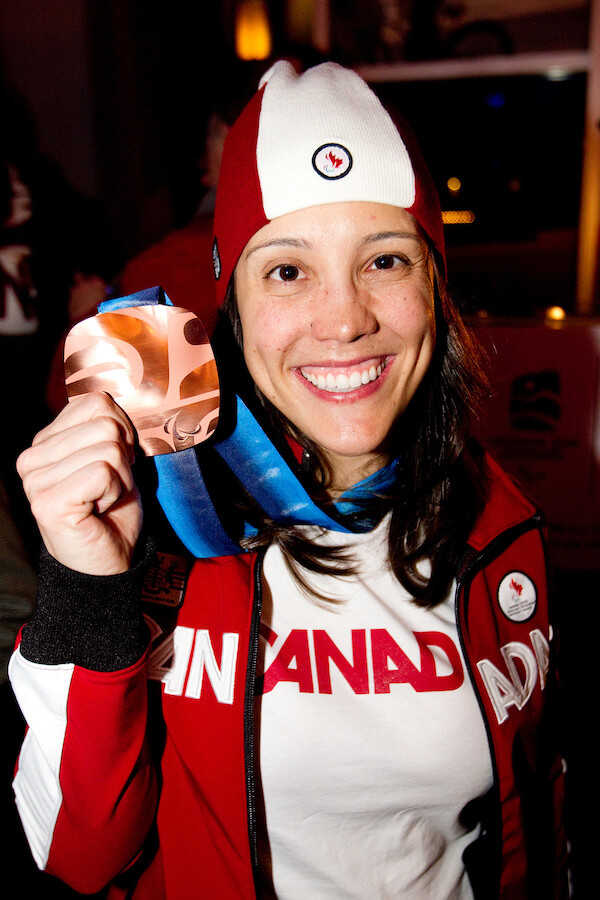
Related Articles
Later, at the 2006 games in Torino, Wisniewska was working as a volunteer tasked with accompanying dignitaries to various events when she began to feel the itch for Para-alpine skiing once more.
“I was watching these women, many of whom were friends of mine, thinking ‘I could still beat these girls,’” she says. “And that was the driver for me, I was like, ‘Oh my God, I can still do this.’”
Once she had been cleared by a neurologist, she began the long, arduous journey towards competing at the Vancouver 2010 Paralympics in Para-alpine skiing. From there, she took home two more bronze medals — meaning it turned out to be a pretty epic comeback after all.
After the 2010 Games, Wisniewska made the difficult decision to hang up her skis for good. Despite it being the best decision she could have made for her body, retirement set into motion a new chapter of her life that would require her to begin the inner journey of reclaiming her identity without ski racing.
Supporting Athletes With Their Mental Health
Today, the trailblazer in Para-alpine skiing works for the Canadian Olympic Committee on a program called Game Plan, which connects athletes with mental health support and resources. As the 2020 Olympics in Tokyo demonstrated, athletes’ mental health is finally beginning to garner the attention it deserves, and Wisniewska says she’s proud to be supporting a cause that’s so close to her heart.
“Athletes are people first, not robots or medal-making machines,” she says. “They’re real people with lives, and a lot of work has been done to prove that athletes who lead balanced, holistic lives, who are in school or have a significant other, for example, actually tend to do better.”
Most recently, Wisniewska was selected to be an assistant Chef de Mission for the 2022 Winter Paralympics in Beijing. She also served as an athlete mentor at the 2020 Games in Tokyo.
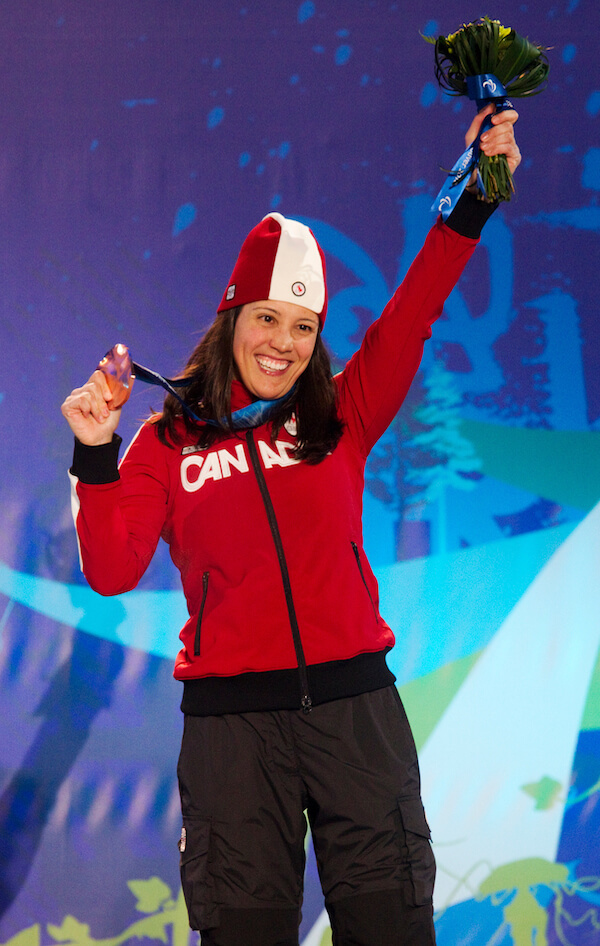
‘Don’t Let the Fact Somebody Has a Disability Hold You Back’
As someone who has lived with a disability her entire life, Wisniewska hopes her story serves as a reminder that although someone may seem different to you, they deserve to be treated the same as any other human.
“If you meet a person with a disability, just remember that what you have in front of you is a person, a human being,” she says. “Just like you, I’m a person and I have dreams and aspirations. I have loved ones and stories and ski crashes and medals from the games. There is so much more to every human being than what meets the eye, so don’t let the fact that somebody has a disability hold you back. Sometimes it takes a bit of patience and empathy, but there doesn’t need to be any kind of fear or trepidation.”
Lead image credit: Karolina Wisniewska is a trailblazer in Para-alpine skiing. She set a new record as the first-ever Canadian winter sport athlete to win four medals at a single Olympic or Paralympic Games. Photo courtesy of the Canadian Paralympic Committee.
